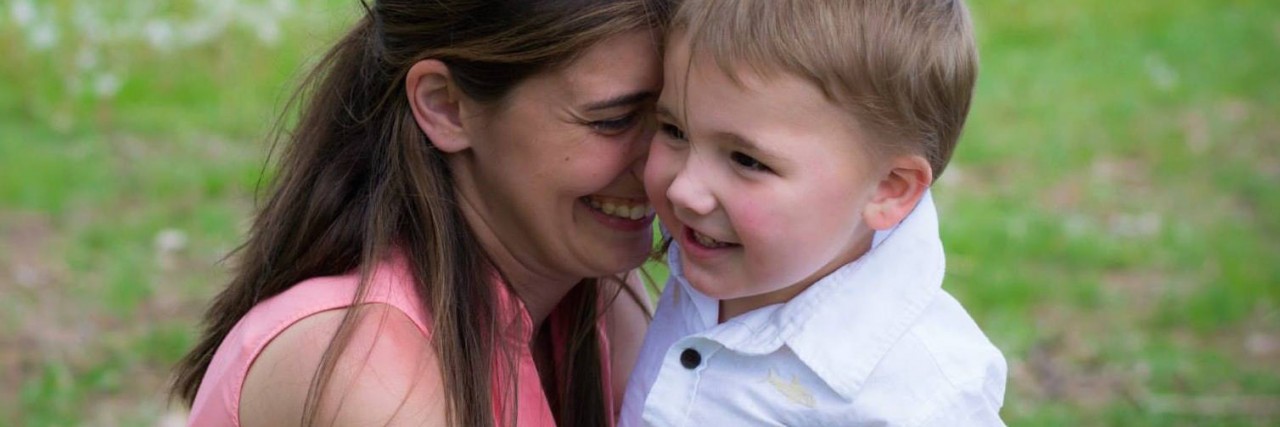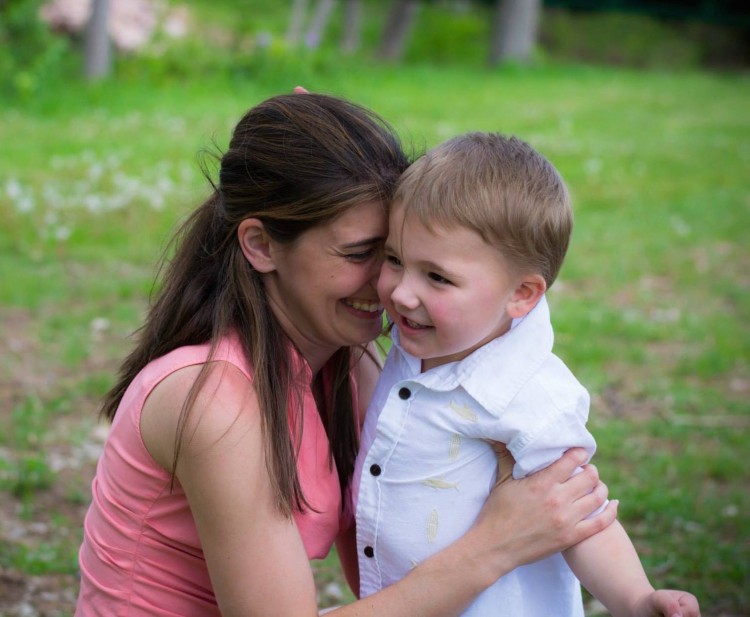We’ve been through the diagnosis. We’ve been through the IEPs and evaluations. We’ve navigated education systems in three different states. I’m starting to feel like a veteran autism mom and blogger.
As seasoned and experienced as I’m feeling, I was caught off guard when two friends recently started going through the diagnosis process with their own children and I didn’t know what to say. I think I found myself tongue-tied because all I could think about were the things not to say — the well intended comments made to me when we started this journey that were meant to comfort but cut like a knife. During my discussion with these moms, those comments came rushing back into my head. Some almost came out because I just didn’t have the right words in that moment. Wow, this is what it feels like to be on the other end of this conversation. But even without the right words early on, I couldn’t bring myself to say the wrong ones.
I wouldn’t say, “I’m sorry.” I heard a lot of these. They were always empathetic and heartfelt. But they made me feel worse, not better. I didn’t want people to be sorry for me. While this life might be different, it’s not less. While my child might miss out on some things, he’s not less. His life and his diagnosis are not things I feel sorry for; you shouldn’t either.
I couldn’t say, “He’ll be fine.” I don’t know if your child will be fine. I don’t know that Early Intervention will move mountains. I don’t know what the next 20 years looks like for you and your family. And when people told me, “You caught it early; he will be fine…” it hurt. If he doesn’t overcome challenges, if he doesn’t mainstream, if maturity doesn’t lessen his challenges… does that mean I failed? Please don’t compare our journey to that of a friend of a friend whose child has autism spectrum disorder, had therapy and is now “fine.” ASD is complex, and no two journeys are the same. Even as a mother of a child with autism, I’m hesitant to give advice, as I know my son’s autism is not your child’s autism.
I knew better than to say, “Really? He seems so normal.” I was surprised by how much I heard this one. It seemed like a backhanded compliment. But it not only minimized what we were going through daily, it inferred that if he did indeed have autism, he was abnormal, broken.
I would never say, “Oh, I hope not.” I only got a few of these doom-and-gloom responses. They lacked empathy and pretty much damned us to a life of a misery in one simple phrase. It’s not a comfort, and it’s not helpful to try to wish away a family member’s diagnosis. It’s hurtful.
You see, all of those phrases are overthinking and overanalyzing someone else’s situation. They don’t comfort; they simply insert my opinion when my opinion wasn’t asked. Parents facing an ASD diagnosis don’t want unsolicited advice or pity. They don’t want you to minimize their feelings or give false hope. They want you to listen. They want you to care. They want you to stay in their lives and perhaps not brand them as “special needs parents.” They want you to understand that although their lives might be taking a different turn, they still need friends. Their children still need friends.
Then it came to me. The two simple and perfect words you can say: “I’m here.” And mean it. Mean it through every struggle, every victory and every passing year. Mean it on the days when autism is all they can talk about and on the days when they need an extra set of hands. Mean it when you’re making out the list of which children to invite to your child’s birthday party.
They don’t need you to be an expert on autism. They don’t need you to always say the right thing. Now, more than ever, they need you to just be there.
Follow this journey on From the Bowels of Motherhood.


